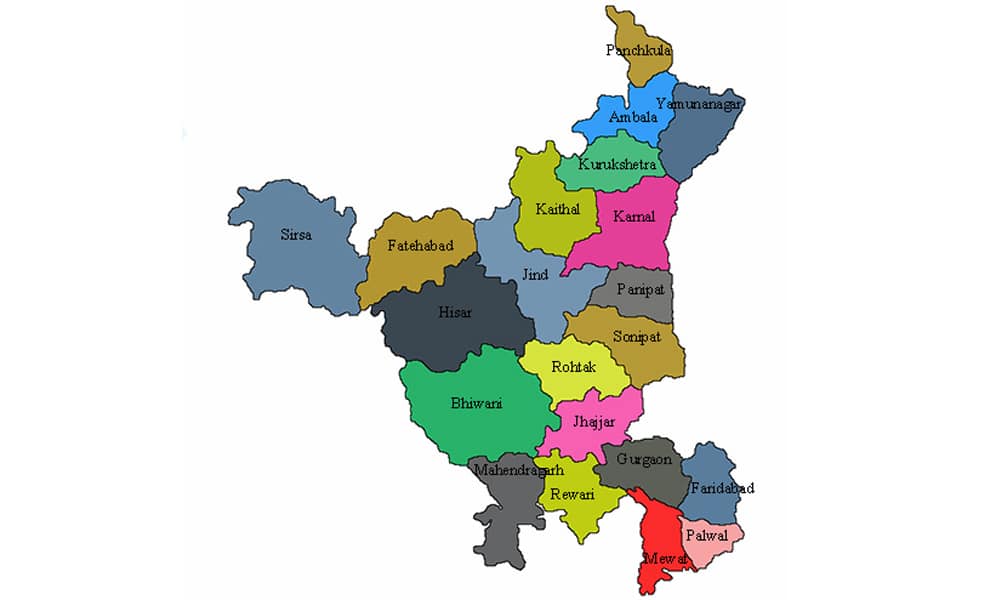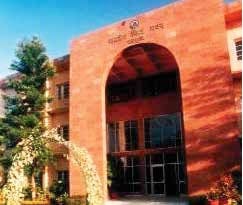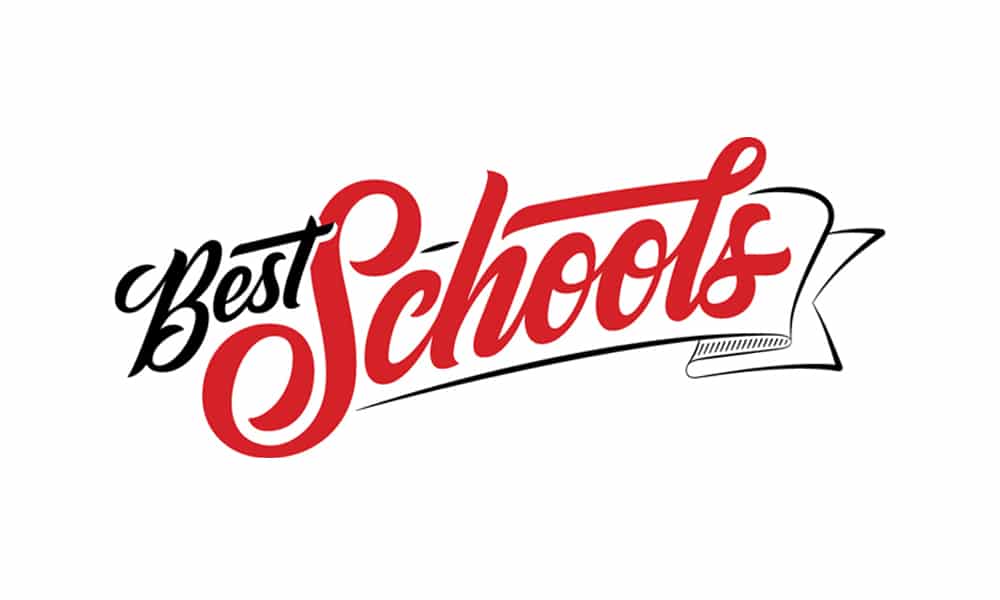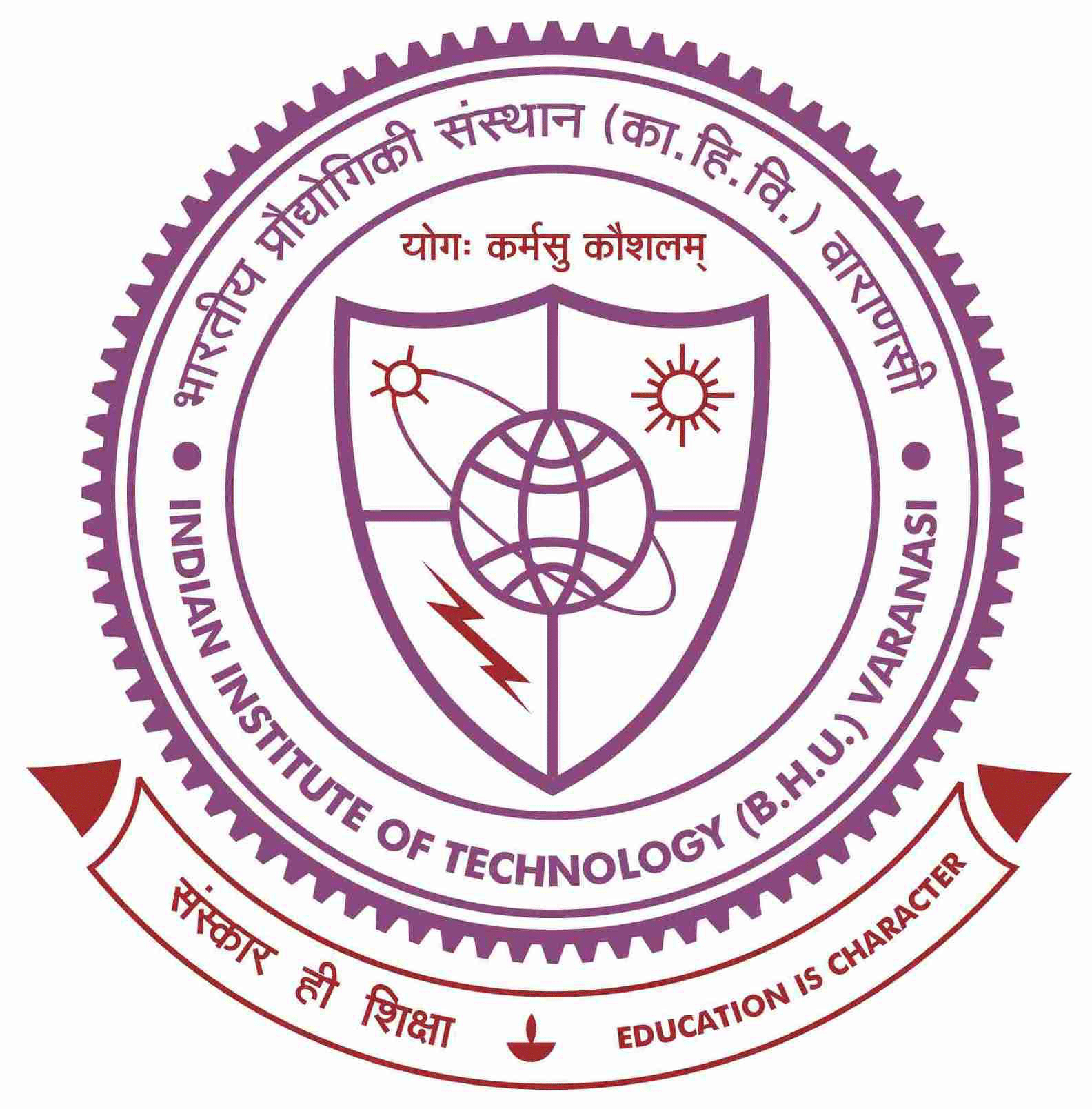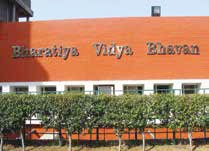1. DPS Ludhiana

Year of Establishment: 2004
Principal: Gurshminder Singh
Curriculum Followed: CBSE
Admission Period: February-March
Website: www.dpsludhiana.com
Delhi Public School Ludhiana was the third collaborative venture between Takshila Educational Society and Delhi Public School Society.
2. DAV Public School, Amritsar

Established in: 1982
Principal: Neera Sharma
Curriculum Followed: CBSE
Admission Period: December to March
Website: www.davpublic.com
The school believes that there is a lot beyond the classroom which needs to be made an integral part of the timetable.
3. Shivalik Public School, Mohali

Year of Establishment: 1976
Director: DS Bedi
Curriculum Followed: CBSE
Admission Period: December – January
Website: www.shivalik.org
Shivalik Public School, SAS Nagar (Mohali), an English-medium and co-educational residential-cum-day school with own 10-acre sprawling campus. There is a provision for about 500 students in its residential school.
4. Yadavindra Public School, Patiala

Year of Establishment: 1948
Director: Stanley Vinod Kumar
Curriculum Followed: ICSE
Admission Period: December – January
Website: www.ypspatiala.in
Yadavindra Public School (YPS) has grown to a student strength of 1600 and staff strength of 100. The school aims at an all round development of boys and girls.
5. Kundan Vidya Mandir Sen Sec School, Ludhiana

Year of Establishment: 1941
Principal: Navita Puri
Curriculum Followed: CBSE
Admission Period: November – December
Website: www.kundanvidyamandir.com
Kundan Vidya Mandir (KVM) has a strength of over 4900 students.
6. Ryan International School, Ludhiana

Established in: 2002
Principal: Parveena John
Curriculum Followed: CBSE
Website: www.ryaninternationalschool-ldh.org
Ryan International schools were founded in 1991 by the Xavier’s Group of Schools, which already has a successful track record in imparting Education since 1976.
7. Indus World School, Ludhiana

Year of Establishment: 2012
Principal: Ramanjit Ghuman
Curriculum Followed: CBSE/IGCSE
Admission Period: September – October
Website: www.indusworldschool.com
The school is located at Rajgadh Estates and have the state of the art infrastructure and facilities. IWS lays a strong emphasis on learning without burden.
8. Rayat International school, SBS Nagar

Year of Establishment: 2001
Principal: Bindu Sharma
Curriculum Followed: CBSE
Admission Period: December
Website: www.rayatschool.com
The school is a platform for total growth and development of the young entrants from nursery onwards.
9. Ryan International School, Amritsar

Year of Establishment: 2003
Principal: Rajni Kalra
Curriculum Followed: CBSE
Admission Period: October
Website: www.ryaninternational.org/risamritsar/
The school’s Amritsar Branch has been striving hard to impart, holistic education.
10. Guru Teg Bahadur International School, Dhariwal

Year of Establishment: 2004
Principal: Ravneet Kaur
Curriculum followed: ICSE
Admission Period: January
Website: www.gtbinternational.org
The school is equipped with modern infrastructure facilities such as well furnished air and ventilated rooms, spacious playgrounds, flowered lush green lawns, science labs, etc.





























